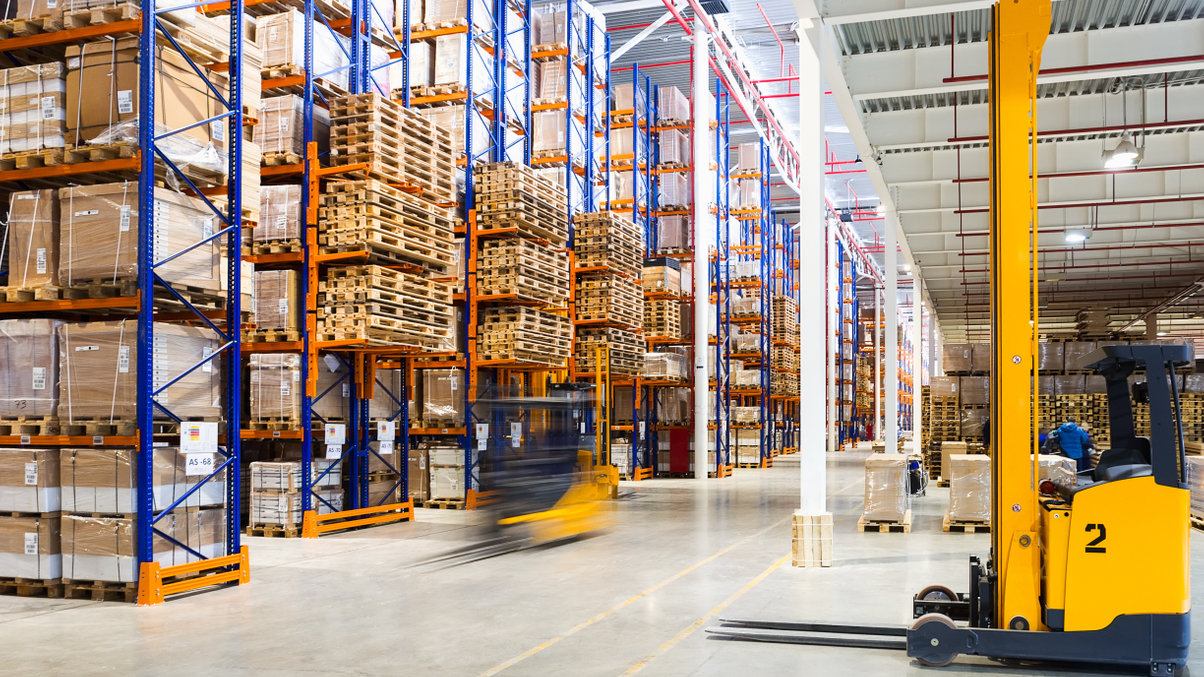Investors flock to Aussie industrial real estate
Australian logistics prove a good defensive strategy for investors during the pandemic, with promising yields and a stable and transparent market.

Investors and managers are increasing their allocations to Australia’s logistics sector, despite further increases in prices this year.
Sign in to read on!
Registered users get 2 free articles in 30 days.
Subscribers have full unlimited access to AsianInvestor
Not signed up? New users get 2 free articles per month, plus a 7-day unlimited free trial.
¬ Haymarket Media Limited. All rights reserved.


